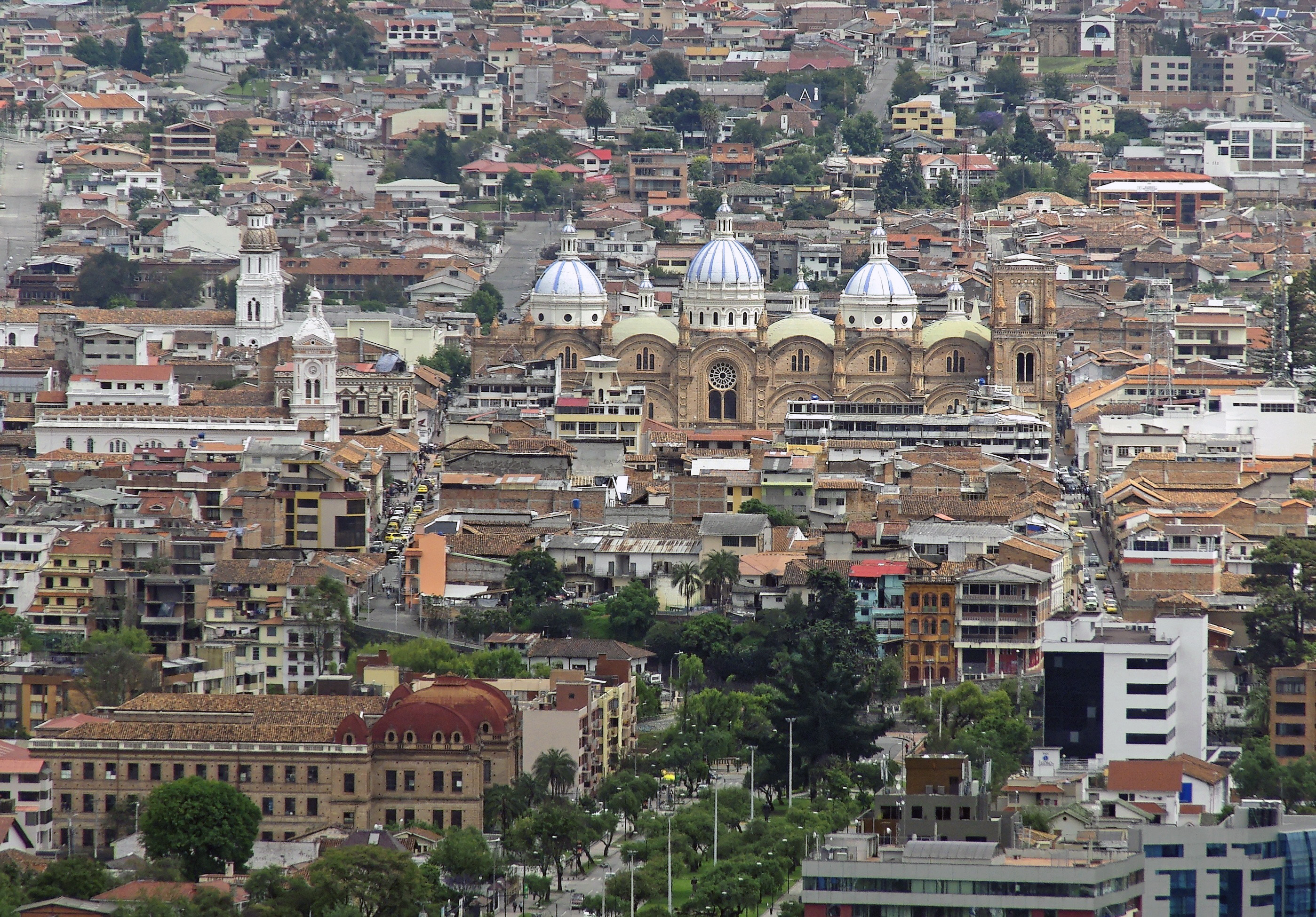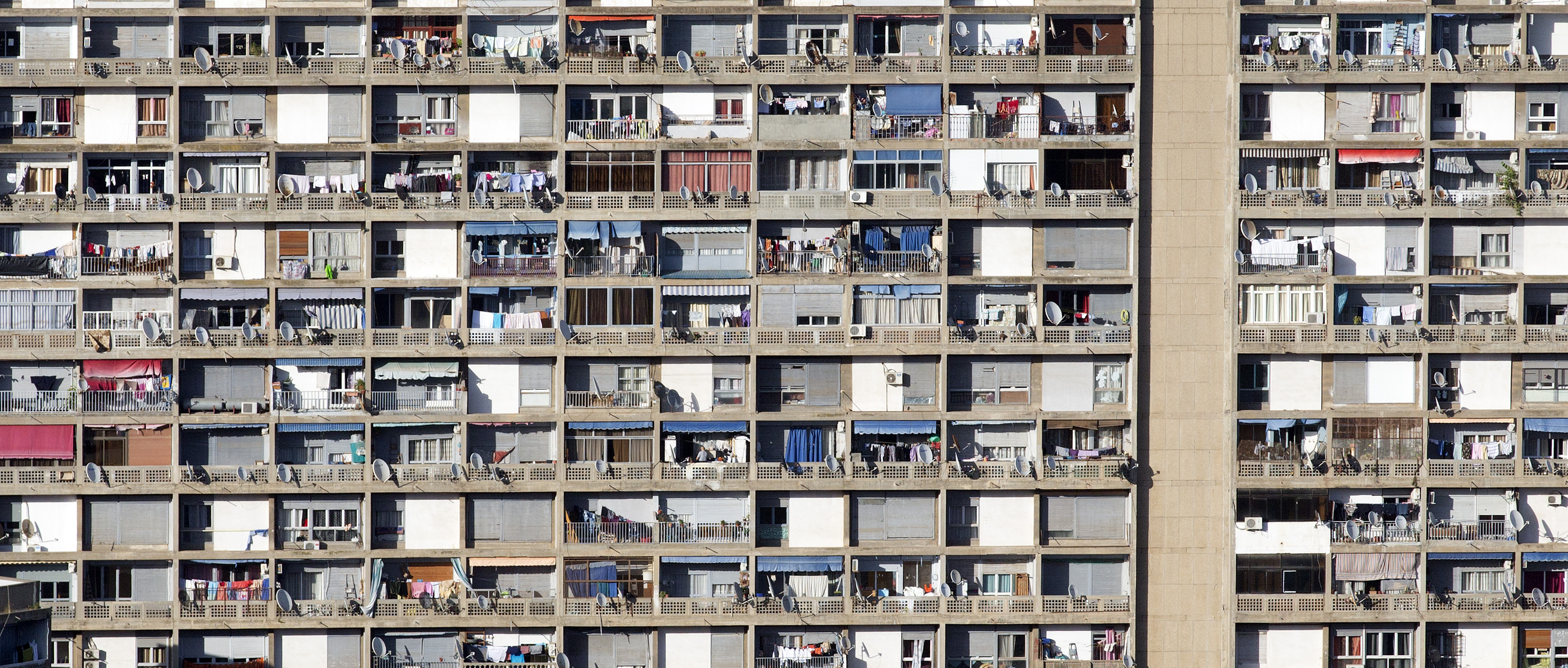Core area “Climate and energy, just transition” Making urban development and mobility sustainable
Cities are important players when it comes to combating climate change and adapting to its consequences. However, medium-sized cities in Ecuador are financially and structurally weak, making them ill-prepared to respond adequately to the tasks ahead. Their rapid growth is currently exacerbating social inequalities and is causing high resource consumption and greenhouse gas emissions.
Activities within the context of German development cooperation are supporting the efforts of selected medium-sized cities in Ecuador to implement the country’s Sustainable Habitat Agenda, for example by advising local authorities on climate-friendly and socially compatible town planning.
As at: 18/08/2025

